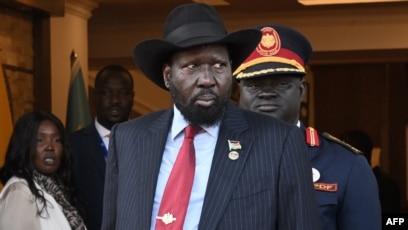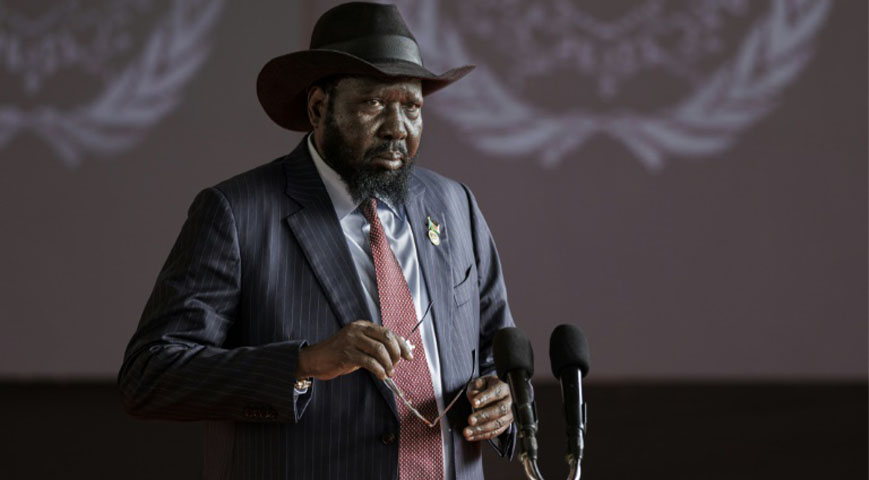South Sudan's President Salva Kiir recently convened with prominent political figures to deliberate the prospects of conducting long-postponed elections, slated for December.
The move comes amid increasing concerns from the United Nations, highlighting that time is short. South Sudan, the youngest nation globally, has yet to hold elections 13 years after its arduous independence from Sudan, a delay that has disappointed its citizens and the international community.

A Facebook statement from Kiir's office indicated that the presidency and leaders of key political parties are seeking technical counsel from electoral institutions regarding the feasibility of these elections.
Did you read this?
The discussions also evaluated the slow implementation of a 2018 peace agreement to conclude a devastating five-year civil war between Kiir’s forces and those loyal to his chief opponent and now Deputy President, Riek Machar.
Cabinet Affairs Minister Martin Elia Lomuro emphasized the need to establish a practical timeline for political leaders to consent to the upcoming elections.

Although the 2018 accord set the stage for a power-sharing government and outlined a political transition plan leading to elections, the transition period was extended by two years in August 2022, pushing elections to December 22.
Despite this, significant aspects of the agreement, like drafting a national constitution and merging Kiir and Machar’s rival forces, remain unfinished.
The election’s feasibility also depends on the outcomes of ongoing peace talks in Nairobi between the South Sudanese government and dissident rebel groups excluded from the 2018 agreement.
Nicholas Haysom, the UN mission chief in South Sudan, cautioned that the extended transition consultations make it challenging to treat December 22 as a definitive election date without considering other critical factors, stressing the situation's urgency.

South Sudan, beset by the aftermath of the 2013-2018 conflict that claimed 400,000 lives and displaced millions, continues to grapple with political instability, ethnic violence, climate crises, and rampant corruption.
Despite abundant oil resources, its economy has faltered, exacerbated by a pipeline rupture in neighboring Sudan that sent its currency plummeting and essential goods prices soaring.
Compounding these challenges, Save the Children recently warned of imminent famine in parts of the country due to seasonal flooding, with Haysom further warning of potentially catastrophic flooding in September, emphasizing that the "perfect storm" of humanitarian and economic crises could overwhelm the nation's capacity to manage its political transition.









